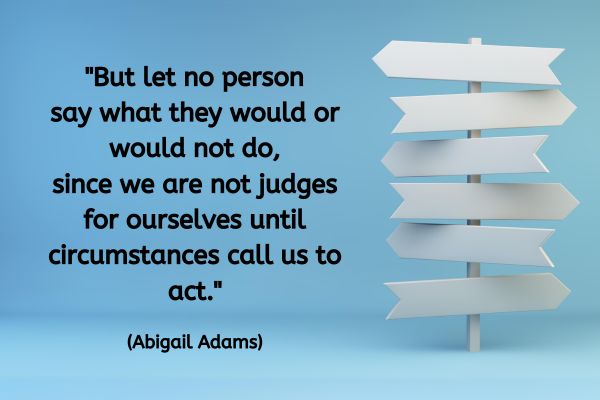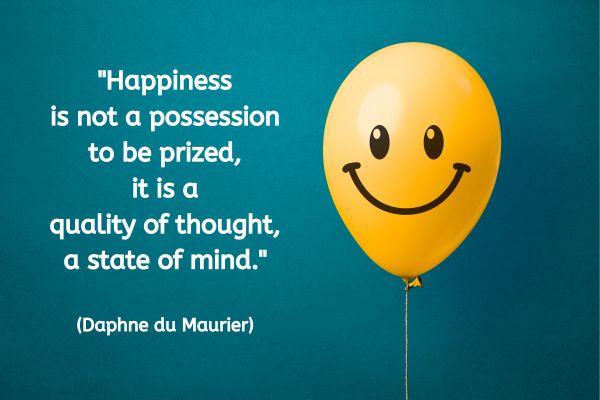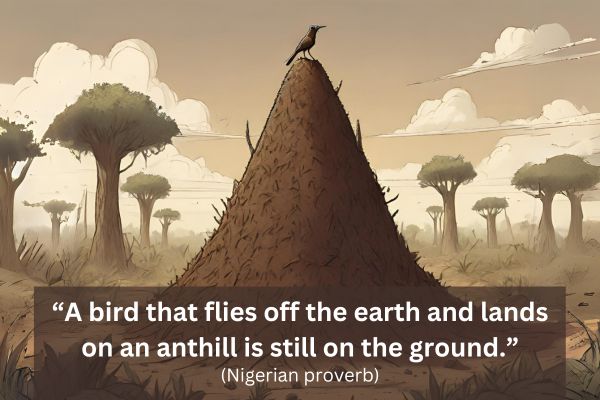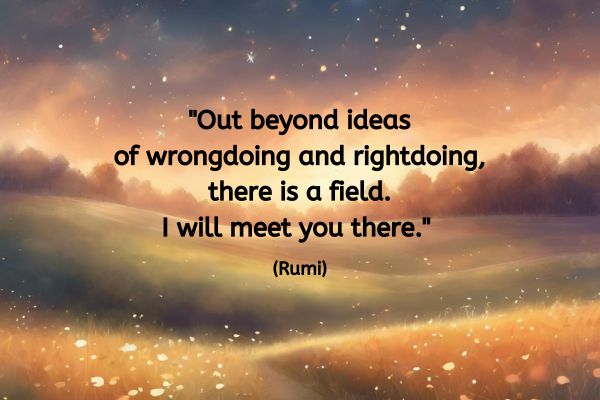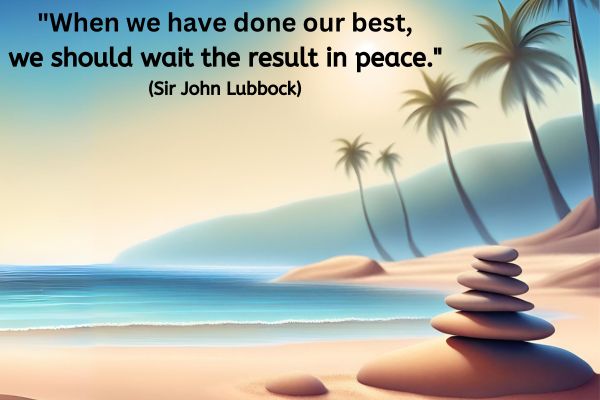Gaining Clarity: Exploring a Coaching Perspective Through a Fresh Lens
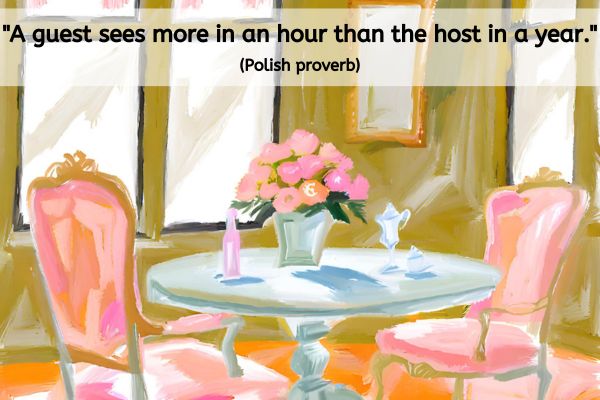
Today’s quote is actually a proverb:
“A guest sees more in an hour than the host in a year.” (Polish proverb)
At first glance, the proverb may seem paradoxical. How can a guest, who spends only a fleeting moment in a host’s domain, possess greater insight than the host, who dwells within it year-round? The answer lies in the power of perception and perspective. A guest enters a situation with fresh eyes, unencumbered by preconceived notions or biases. They notice the subtle details, observe the interactions, and absorb the ambiance in a way that the host may overlook in their familiarity.
I think this proverb points to one of the aspects that many find really powerful about coaching. The coach acts a trusted pair of fresh eyes upon a situation. What may just seem to a client that something has always been the case, and it’s never occurred to them to question may be obvious to a coach to question. It’s from this coaching perspective that we can have impact.
In the realm of coaching, this proverb takes on a deeper significance. Coaches often serve as trusted guides, offering insights from a coaching perspective on their clients’ experiences and challenges. Like the guest in the proverb, coaches approach each coaching session with a sense of curiosity and openness, ready to explore new insights and perspectives alongside their clients.
One of the unique aspects of coaching is the ability to create a safe and supportive space for clients to share their thoughts, feelings, and experiences without fear of judgment or criticism. In this way, coaches act as facilitators of exploration and discovery, helping their clients uncover hidden truths and insights that may have eluded them in their day-to-day lives.
Moreover, the proverb underscores the importance of presence in coaching. By remaining fully present and engaged during coaching sessions, coaches can pick up on subtle cues and nuances in their clients’ words and behaviours, allowing for a deeper exploration of their experiences and perceptions. This heightened level of awareness enables coaches to provide more targeted and impactful guidance, helping their clients navigate challenges and obstacles with greater clarity and confidence.
A different coaching perspective
From another coaching perspective, looking at our own coaching and coaching business with new eyes can also be revealing. How easy is it for an interested client to get in touch with you? What information does someone new to your coaching need? By adopting the perspective of a guest in our own coaching practice, we can uncover areas for improvement and refinement that may have gone unnoticed in our day-to-day operations.
For example, imagine stepping into the shoes of a potential client visiting your coaching website for the first time. Are your services clearly outlined? Is your contact information easily accessible? Do you demonstrate the value of your coaching? By considering these questions from the perspective of an outsider, you can identify opportunities to enhance the accessibility and effectiveness of your coaching business.
Furthermore, the proverb encourages us to embrace a mindset of continuous learning and growth in our coaching practice. Just as a guest brings fresh insights and perspectives to a host’s home, so too can ongoing education and professional development enrich our coaching skills and offerings. Whether through attending workshops, seeking mentorship, or engaging in peer-to-peer learning, coaches can expand their knowledge and expertise, ultimately benefiting both themselves and their clients.
By adopting the perspective of a guest in our coaching practice, we not only gain valuable insights into our own blind spots and areas for improvement but also cultivate a deeper understanding and appreciation for the transformative power of coaching. Just as a guest sees more in an hour than the host in a year, so too can we uncover new possibilities and opportunities for growth by approaching our coaching with fresh eyes and an open heart.
As we continue on our coaching journey, let us embrace the wisdom of the proverb and strive to create dynamic and enriching coaching experiences that inspire growth, insight, and transformation for ourselves and our clients alike.
Ultimately, the Polish proverb “A guest sees more in an hour than the host in a year” reminds us of the transformative power of perspective and perception in coaching. By embracing humility, curiosity, and openness, coaches can create dynamic and enriching coaching experiences that foster growth, insight, and self-discovery for both themselves and their clients.
As we reflect on this proverb, let us remember to use our coaching perspective as the wisdom of the guest and strive to approach each coaching session with fresh eyes and an open heart, ready to explore new insights and possibilities together with our clients.
About Jen Waller

Jen Waller is on a mission to support, nurture and encourage coaching skills and talents from non-coach to coach and beyond.
As an experienced coach and trainer, Jen is happy to utilise all skills at her disposal to assist clients from getting out of their own way and making a difference in the world with their coaching. Find out more about the support Jen offers here.


